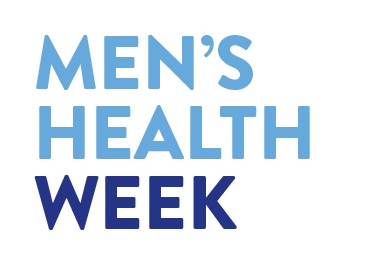Men are more likely to get diabetes. More likely to suffer complications. More likely to face amputation as a result of diabetes. And more likely to die from diabetes.
And yet, surprisingly little is being done to tackle the particular problems men have with diabetes.
The figures are shocking:
- Men are 26% more likely to have diabetes. The most recent figures from Public Health England show 9.6% of men aged 16 and over had diabetes, compared to 7.6% of women (PHE).
- Diabetes is contributing disproportionately to premature male mortality. In 2014, men had nearly twice the number of deaths from diabetes in the 15-64 age range, compared to women (males 493, females 255, (ONS 2014).
- The prevalence of diagnosed diabetes of men is increasing sharply. The prevalence of doctor-diagnosed diabetes increased between 1994 and 2015 from 2.9 per cent to 6.7 per cent among men and from 1.9 per cent to 5.1 per cent among women (HSE).
- Men get type 2 diabetes at a lower BMI than women. Men are diagnosed with type 2 diabetes at a lower BMI compared to women across all age ranges (N Sattar et al, 2011).
- BAME men are at disproportionate risk. Men from African, African Caribbean, South Asian or Chinese descent are at a higher risk of developing type 2 diabetes at a younger age, (DH 2006). Men from African, African Caribbean, South Asian or Chinese descent also tend to progress from impaired glucose tolerance at more than twice the rate of the white population (Webb et al 2011).
- Men are twice as likely to have foot problems and amputations. In the UK, white men living in poorer areas are the group with the highest risk of diabetes – related amputation, (N Holman et al, 2013). 69.6% of people with diabetes presenting with foot ulcers are men, compared to 55.7% of men in the diabetes population as a whole. (NDFA). Between 2003 and 2009, men also comprised 68.5% of diabetes-related amputations - twice the level amongst women (Ahmad, Naseer et al. 2014).
The Men’s Health Forum wants your help to tackle this.
We are particularly interested to learn about:
- The direct experience of men with diabetes.
- Your views on what’s working, what isn’t working and how things can be improved.
- Research insights into men and diabetes:
- Why men, especially BAME and other high risk groups of men, are more likely to get diabetes
- How men can be best helped to avoid diabetes;
- How men with diabetes can be best supported to manage and deal with the consequences.
- How effectively the health system’s programmes to prevent and manage diabetes, such as the NDPP, are working for men
- Interventions to identify and support men with diabetes or at risk of diabetes.
Our immediate priority is to hold a round table of diabetes experts to address the issue head on. As preparation for this, we have prepared a report highlighting the biggest gaps in tackling men's diabetes - as well as highlighting examples of good practice. We are already working alongside Diabetes UK, NHS England, Public Health England and the Department of Health to make this happen. Coming out of the round table, our goal is to identify a programme of research and other work to make a real difference to diabetes in men.
We also want to work with men with diabetes to create one of our award-winning Man Manuals with the best possible advice for men to prevent diabetes (where possible) and manage diabetes (if not).
